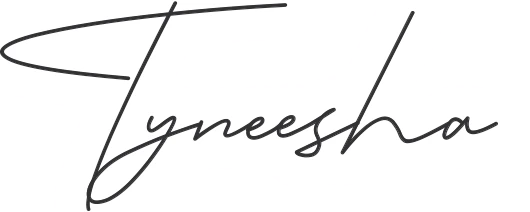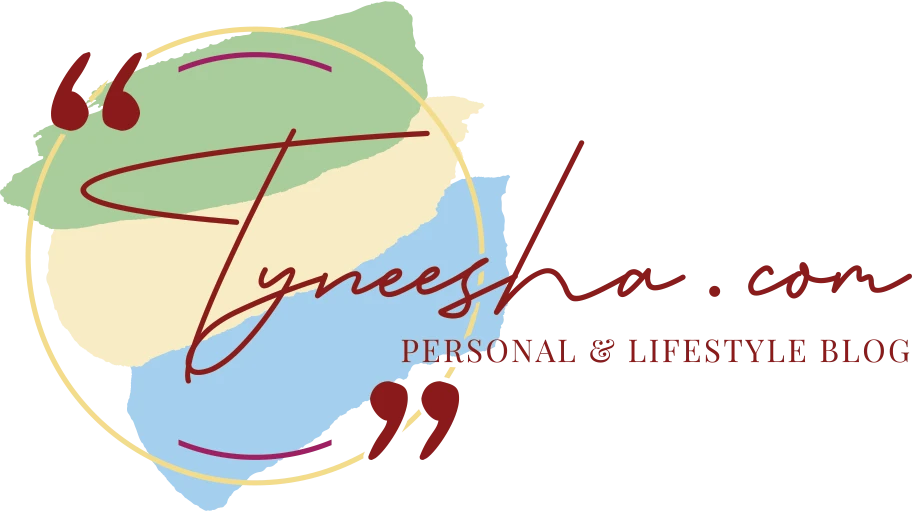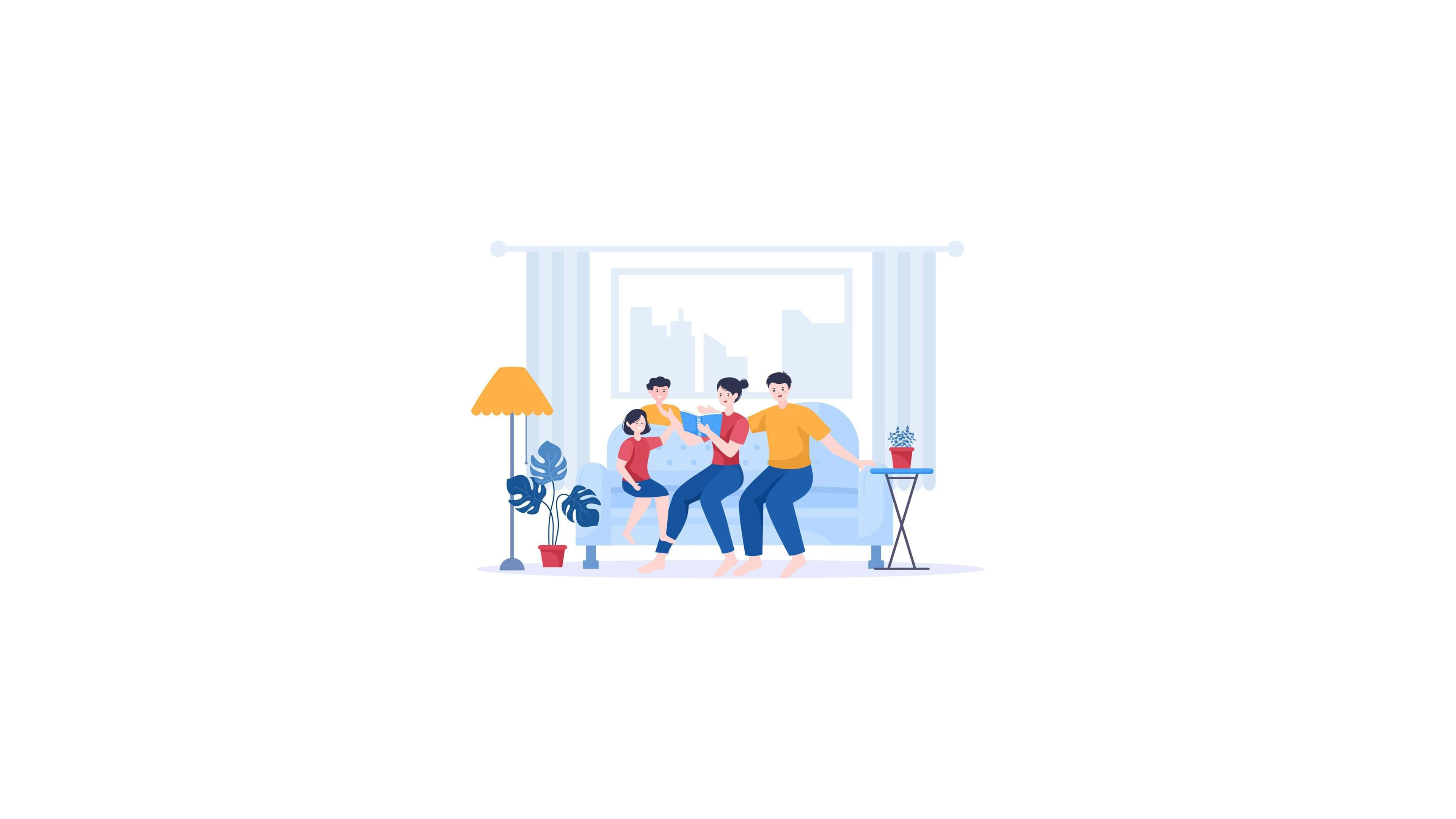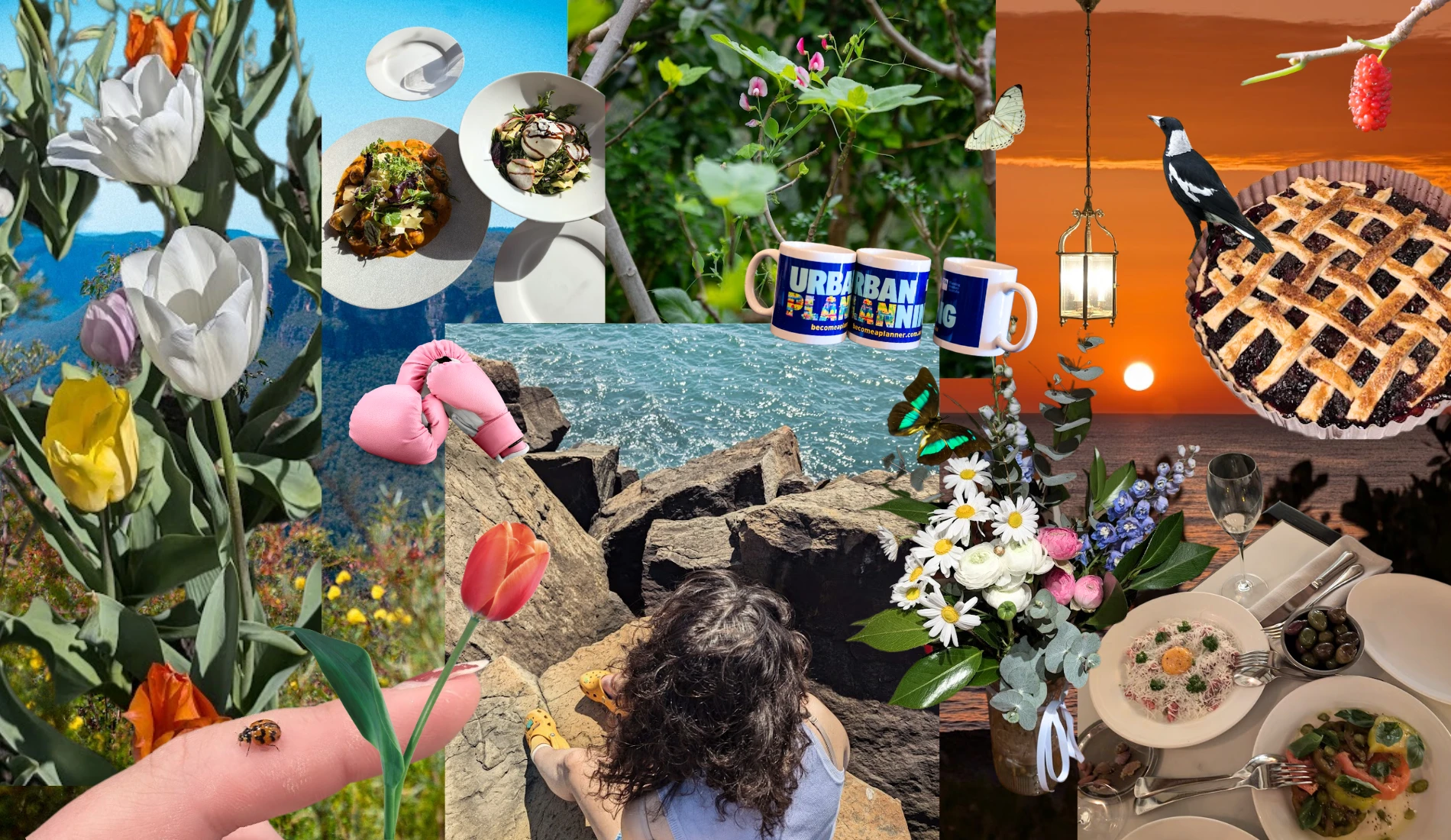25th October, 2024
So, this week, I’m going back home to be with my family over Easter. Of course, making the trip back to where you grew up is always at least a little bit weird. Especially when you grew up 7 hours away from where you currently live, you don’t make it home all that often, and the globe continues to spin way too fast out of your earthly reach.
For me, returning home is always pleasant. It comes with its perks, mainly including a free bed, lots of hugs, and not having to make my own dinner. It’s also a prime time to notice differences and reflect on changes in my life and those around me. I’ve written before about how strange it is to return home and feel like your childhood is a frozen moment in time, only to realise that your mum bought new curtains and everything is different.
I don’t need to tell you this but growing up is weird. It’s so strange. Your childhood feels like this set-in-stone, permanent, deeply seeded context for the rest of your life. Truth be told, things never stop changing, but the change you go through in your teens and early twenties are incredibly jarring. One of the more surprising parts of becoming an adult is the way that your relationship with your parent’s changes.
I know that for me, at least, the older I get, the more I understand where my parents were coming from in their decisions. It’s easy to criticise your parents when you’re a child, and your biggest problem is a maths quiz and vegetables. But as you get older, you experience some of the things that your parents have, and you gain a new kind of respect for them.
Growing up, you often hear, ” I know what it was like being your age”. Parents often say it to let you know that they understand where you’re at. The missing factor in that idea is that you, at the age of 13, do not know what it’s like to be 39. Not even close. You likely respected your parents growing up because they were your parents. You listened to them because you had to, and a lot of interactions probably revolved around them meeting a need of yours.
“I’ve written before about how strange it is to return home and feel like your childhood is a frozen moment in time, only to realise that your mum bought new curtains and everything is different.”
When you’re a kid, you need your parents to survive, and then, if they raised you correctly, you grow up to be an adult and that dynamic changes. You no longer need them as much. You spend your whole upbringing thinking, “oh, when I’m 18, my mum can’t tell me what to do,” and then suddenly you’re 18, and all you want is for your mum to tell you what to do.
I’m not speaking from experience in the slightest, but parenting is undoubtedly a very precarious process. Being responsible for the outcome of a human being is a huge commitment, and it rarely goes according to plan. We expect our parents to be these superhuman, perfect, all-knowing beings, and they just aren’t.
I think many people get on better with their parents when they’re older because you kind of realise that your parents are just people. As a general sentiment, your parents probably just did the best they could at the time. I saw this tweet once: “my relationship with my dad got so much better when I realised that he’s really just some guy,” and that sounds lowkey disrespectful, but if you think about it, it makes so much sense. Often we expect more of our parents than they do of us.
You leave school, lose the regular amount of friendships, move on with your life, and over time you realise that the “family time” that your mum wanted so badly wasn’t a punishment or chore. You move out and find yourself sitting in the living room instead of your bedroom just if someone wants to talk. When you’re an adult, your parents’ stories don’t seem so much like lectures. You don’t have to go by their advice, but you ask for it, and you actually listen regardless.
I don’t have much more to say on this topic; it’s just something I’ve thought about lately. It’s weird to think that the whole parent-child relationship will come full circle one day, and we’ll be looking after them, worrying about their health and safety, lecturing them, and keeping tabs on their lives. It’s a fun stage now where it’s relatively neutral both ways.






